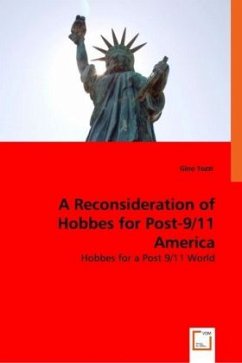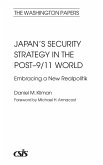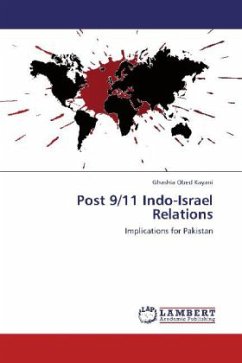Thomas Hobbes's era and ours are quite different, but upon closer review the strife that seemingly characterizes the 21st century appears similar to conflicts during the 16th and 17th centuries in Europe and more specifically England. Hobbes argued that this similarity resides within human nature and our passions -- most importantly fear.Hobbes's influence has waxed and waned in Western thought and once again due to the War on Terrorism it has reemerged. A resurrecting of the scholarly work on Hobbes's Leviathan is needed to understand the role of security and the means to attain that end. It is now necessary to clear the philosophical deadwood that has accumulated in order to understand Hobbes's thought. This work will illuminate what Hobbes would do under our circumstances and see how modern America accommodates his philosophy without losing America's identity. If not squaring up to America's tradition, at the very least it is worth trying in order to fix the mounting philosophical quagmire. If compatible with America's traditions, Hobbes's philosophy should be studied with the intent of using it to enhance and understand our security policies.
Bitte wählen Sie Ihr Anliegen aus.
Rechnungen
Retourenschein anfordern
Bestellstatus
Storno








